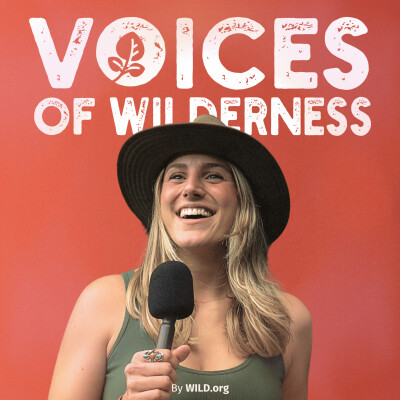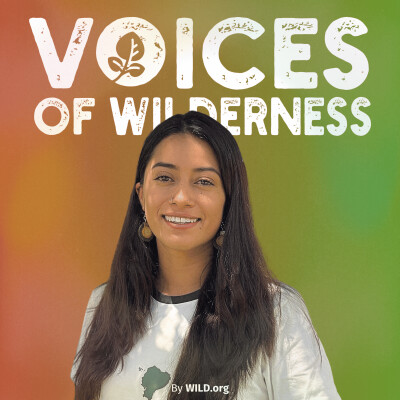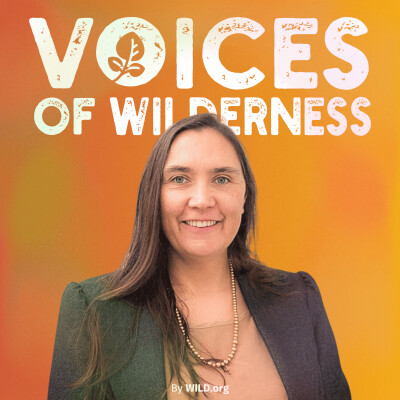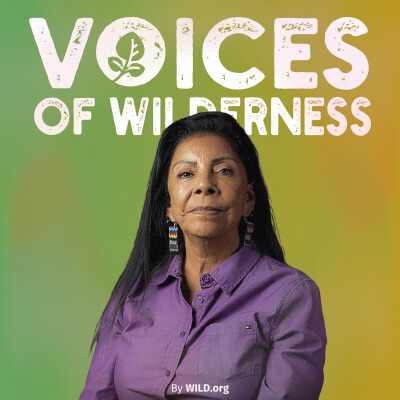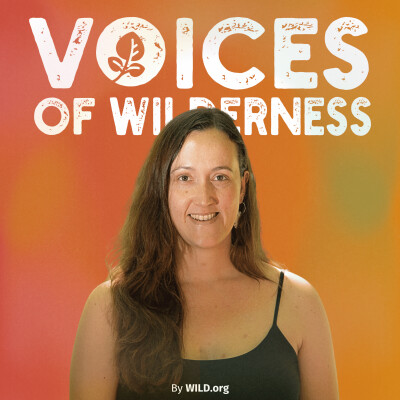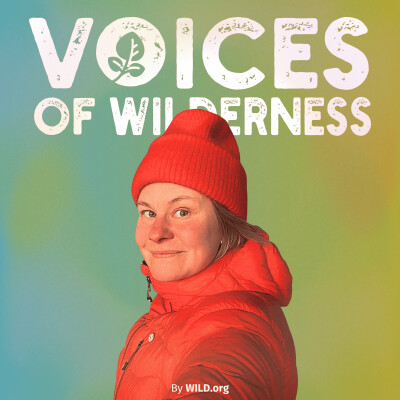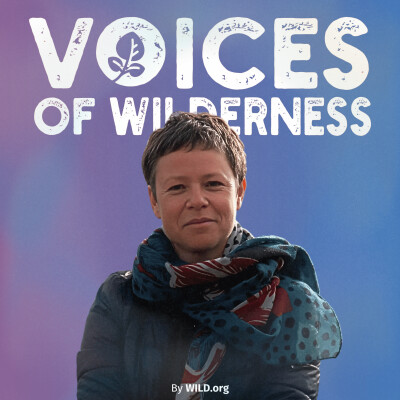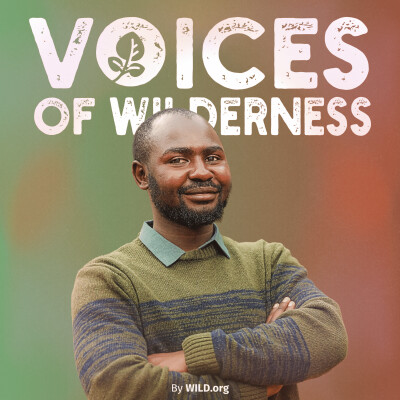Description
Welcome to Voices of Wilderness, the WILD.org podcast where Jackie B., your host and fellow wilderness lover, discusses the environment, wildlife, and wilderness with experts in a down-to-earth non-expert way. Jackie’s a geek for nature facts and stories—scientific, cultural, educational you name it! While she’s not pretending to know everything (not even close), she’s here to bring her passion and the passion of others straight to you. Because let’s face it, it’s going to take all of us to figure out what’s really happening with our planet and how we can make a difference together.
Hosted on Ausha. See ausha.co/privacy-policy for more information.
